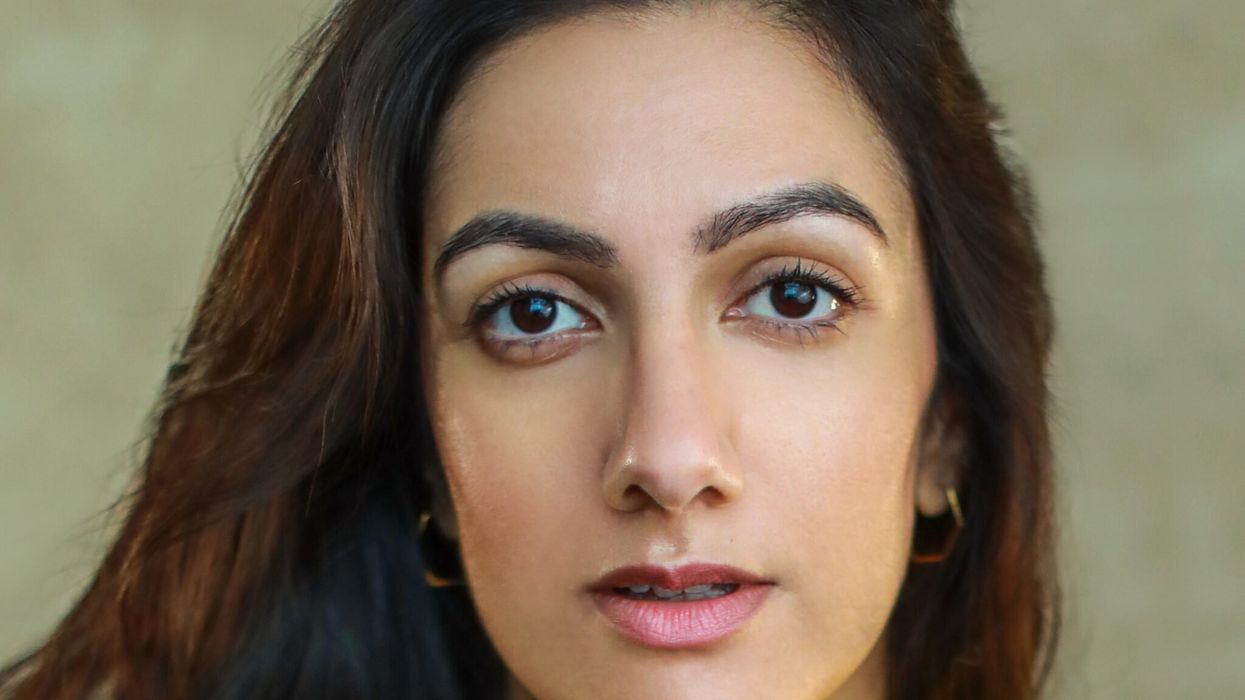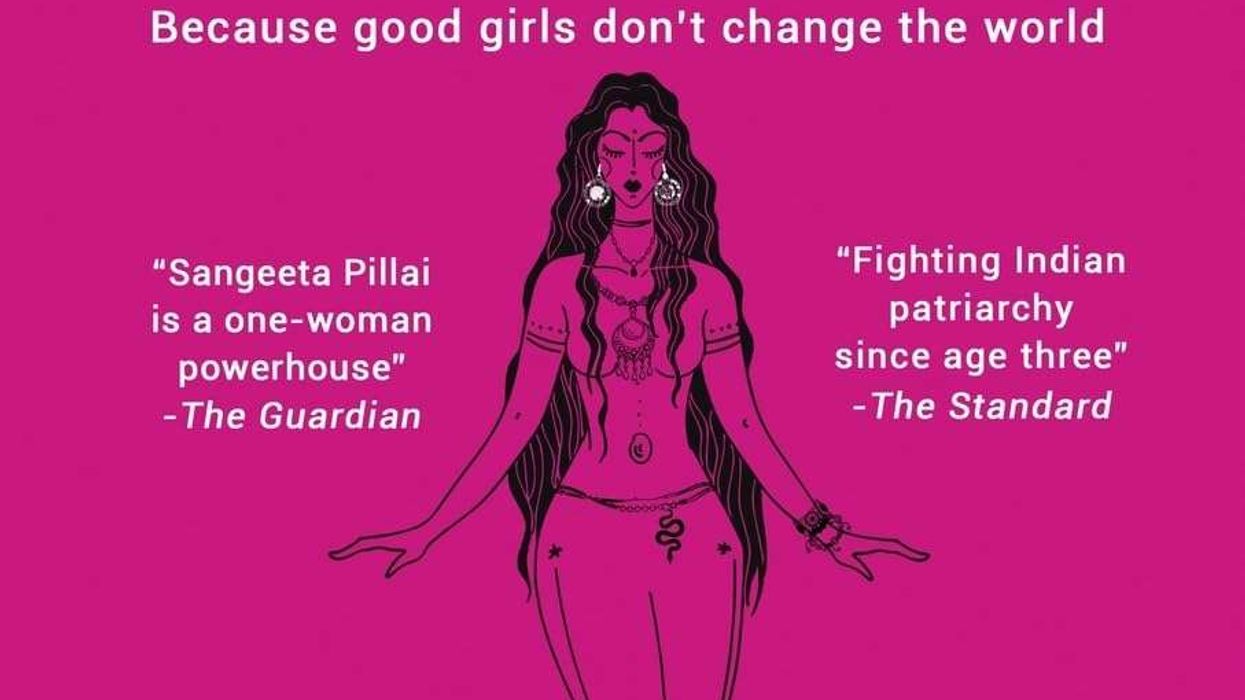ACCLAIMED play Vitamin D follows the journey of British Pakistani Muslim woman, Larki, as she navigates life and society after divorce.
Written by Saher Shah, the comedy-drama looks at the aftermath of a separation, as Larki (played by Shah) tries to figure out her identity in the past, present and future.
Rather than an oppressive take on what it is to be brown and Muslim, Shah said the play is a celebration of Asian culture and gives voice to the all-female cast to say things that need to be said.
Eastern Eye caught up with the east London based creative to talk about Vitamin D, which returns for another theatre run.
She discussed the play’s success, the challenges of playing the lead and what makes great theatre.
What inspired you to write Vitamin D?
I wanted to explore the changing dynamics between women and how we speak about each other when something like a divorce happens in the British Asian Muslim community. The topic is very much still seen as taboo and only to be spoken about in hushed tones, (it’s seen) as a breeding ground for judgement. I also wanted to interrogate the way we see ourselves as women and how we can both uplift each other and be our own worst enemies in the face of patriarchal systems, particularly in marriage, when you’re seen as being on the ‘girl’s side’.
Tell us about your character.
Larki is going through a lot of changes in her life, but also within herself. She has a great, visible support network around her, but also has moments when she feels isolated. There are different sides to Larki, as she interacts with people and we see how that has shaped who she is. So, it’s fun to be able to explore all these different sides of her.
Ambika Sharma and Saher Shah in Vitamin D (Photo: Charles Flint)What’s the story behind the title, Vitamin D?
It has a few different inspirations. D for divorce, of course, but the main one is the way we think about divorce in the south Asian community. We see it as a failure (usually on the woman’s part), a bad thing and one we do not need more of, regardless of the reason the marriage needed to end, so that the people involved can actually be happier and healthier.
What about the vitamin aspect?
Vitamins are something we don’t usually know we need – unless we are deficient in them or not feeling well – but they nourish us and make us feel better and are good for us. So, what if we saw divorce in the same light? As something that was needed in order to be nourished and therefore feel good – hence, Vitamin D.
How does it feel to be also acting in the play?
It’s really exciting and something I wanted to do as I entered the industry five years ago with no agent and minimal experience. I didn’t have access to roles that called for women who looked like me and were from backgrounds like mine – that were nuanced and written with dignity, care and respect, so I thought I would write it myself.
Does acting in it put added pressure on you?
I don’t feel additional pressure being the writer, as I’m so lucky to have such an incredible creative team and cast putting their all into this and who are so dedicated to the project as well. So, it really is a team effort.
How much did the previous success of this show mean to you?
The response to the show was amazing. It proved something we all knew already – that there is an appetite for stories about us, made for and by us, and not just for south Asian audiences, but for everyone. Too often, mainstream media portray the global majority and Muslim people as victims and/perpetrators of violence, and therefore the assumption is that those are the only stories that sell.
Renu Brindle, Zyna Goldy and Saher Shah in Vitamin D (Photo: Charles Flint)Tell us more.
We’re all painfully aware of what those types of narratives do to communities in real life, so to have a show that people enjoyed coming to, laughed, cried and related to was a huge achievement and only spurred us all on more. How much are you looking forward to the run at Soho Theatre? It was the dream for this show to have a decent run in a wonderful theatre and now that it is happening, it feels like the show is fulfilling its destiny.
What, according to you, makes for great theatre?
When a show leaves you burning to have a conversation, particularly if it’s something you had never thought about before or in that particular way. Theatre that leaves audiences seen and inspired is the best kind, in my opinion.
What inspires you?
My family and friends, real conversations I have with real people. Other forms of art – be it music, films or books – also make for great inspiration. It’s never just one thing, but a culmination of many.
Why should audiences watch Vitamin D?
It’s funny, important and a show that means a lot. Although south Asians and Muslims are getting more opportunities to showcase their talents and art, we still don’t get these opportunities that often. So, to be able to utilise this opportunity to reach as many people as possible, I’d love for the people – who this show is for – to be able to have access to it and take up space loudly and proudly. I promise you, you won’t regret it.
Vitamin D at Soho Theatre in London until September 21. www.sohotheatre.com












